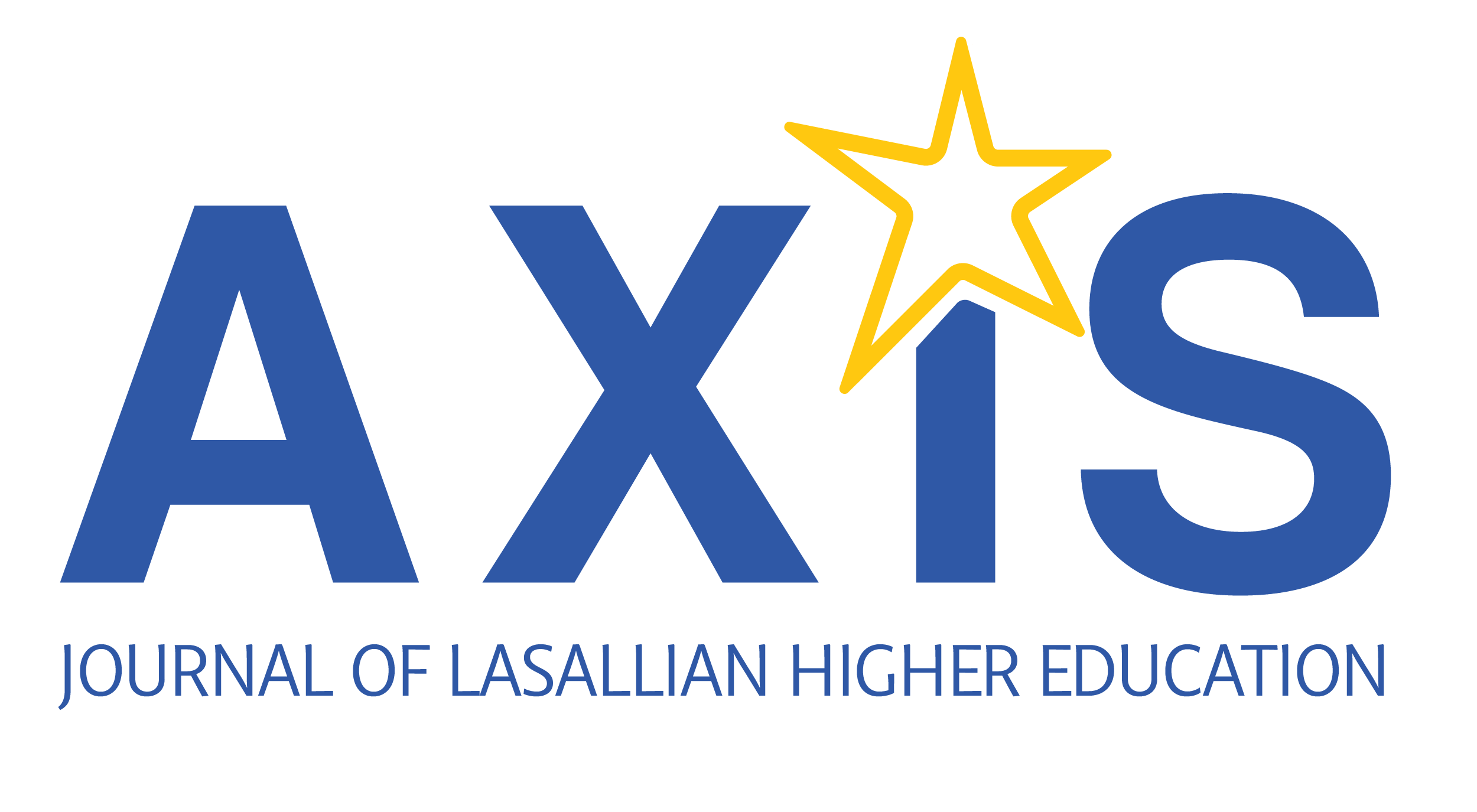Camela M. Steinke, PhD
ABSTRACT
A large body of research indicates that supportive relationships are a key component of resilience, the ability to adapt to significant adversity and transform potentially toxic stress to tolerable stress. Resilience is integral to helping individuals ameliorate the impacts of harm and hardship, which has been linked to negative behavioral, emotional, and physical health outcomes. Recent discoveries in molecular biology, genomics, and epigenetics help illuminate the causal mechanisms of this relationship. This supports long standing practice evidence of the importance of relationships in surviving and healing from difficult life experiences. St. John Baptist de La Salle recognized the importance of supportive relationships, and his recommendations about the need for relationships in the lives of young people are now supported by neurobiology.
Full Text:
Resilience through Supportive Relationships: Scientific Support for Lasallian Education
Keywords: Resilience; Supportive Relationships; Neurobiology; Guardian Angels; Adverse Childhood Experiences; Toxic Stress
Camela M. Steinke, Ph.D.
Camela Steinke is the program assessment and effectiveness research specialist at LaSalle School in Albany, NY and an adjunct professor in the University at Albany’s School of Criminal Justice, the College of Saint Rose in Albany, the SUNY Plattsburgh, and Excelsior College. She earned a PhD in Criminal Justice from the University at Albany and a bachelor’s degree in Criminal Justice and Spanish from the University of Nevada, Reno.


Recent Comments